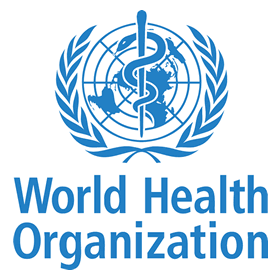Living Well with Depression

- By Prof. AbdulKarim Mustafa Awadh
- 17- August -2024
Depression Treatment and Help
Living with depression can feel lonely. People may be fearful or ashamed of being labeled with a serious mental illness, causing them to suffer in silence, rather than get help. In fact, most people with major depression never seek the right treatment. But those struggling with this illness are not alone. It’s one of the most common and most treatable mental health disorders. With early, continuous treatment, people can gain control of their symptoms, feel better, and get back to enjoying their lives.
There are effective treatments for depression, including medications (such as antidepressants), along with talk therapy. Most people do best by using both. If standard treatments do not reduce symptoms, electroconvulsive therapy (ECT) and other brain stimulation therapies are also options that may be explored.
To be diagnosed with depression, the symptoms must be present for at least two weeks. Some tests are used to rule out other serious medical conditions that may cause similar symptoms. Also, some central nervous system injuries and illnesses may also lead to depression.
In addition to clinical treatments, if you are one of the millions of people living with depression, there are also healthy lifestyle habits that can help you feel better:
- Focus on self-care. Control stress with activities such as meditation or tai chi. Eat healthy, exercise, and get enough sleep. Most adults need 7-9 hours of sleep per night. Avoid using alcohol and recreational drugs, which can worsen symptoms and make depression harder to treat.
- Set small, achievable goals. Set realistic goals to build confidence and motivation. A goal at the beginning of treatment may be to make your bed, have lunch with a friend, or take a walk. Build up to bigger goals as you feel better.
- Know the warning signs. Recognize your depression triggers and talk to your doctor and/or mental health professional if you notice unusual changes in how you feel, think, or act. If needed, your doctor can safely adjust your medication. Write down how you feel day-to-day (moods, feelings, reactions) to spot patterns and understand your depression triggers.
- Educate family and friends about major depression. They can help you notice warning signs that your depression may be returning.
- Seek support. Whether you find encouragement from family members or a support group, maintaining relationships with others is important, especially in times of crisis or rough spells.
- Stick to your treatment plan. Even if you feel better, don’t stop going to therapy or taking your medication. Abruptly stopping medication can cause withdrawal symptoms and a return of depression. Work with a doctor to adjust your doses or medication, if needed, to continue a treatment plan
Participating in a self-management education (SME) program can help patients manage depression and take control of their symptoms, such as anxiety, depressed mood, tiredness, and appetite changes.
If you would like to talk, call the hotline wherever you are or call our hotline +97317680299 or +97317686060

